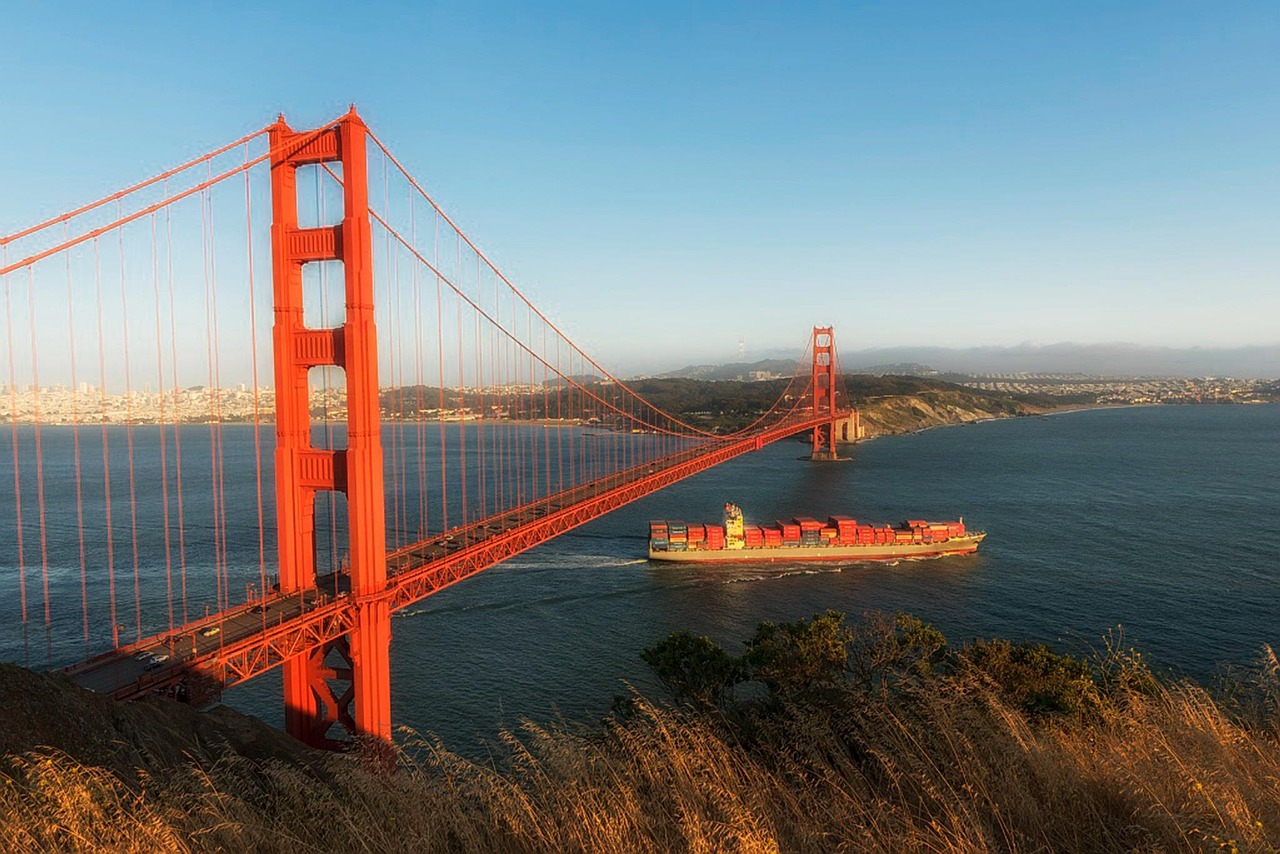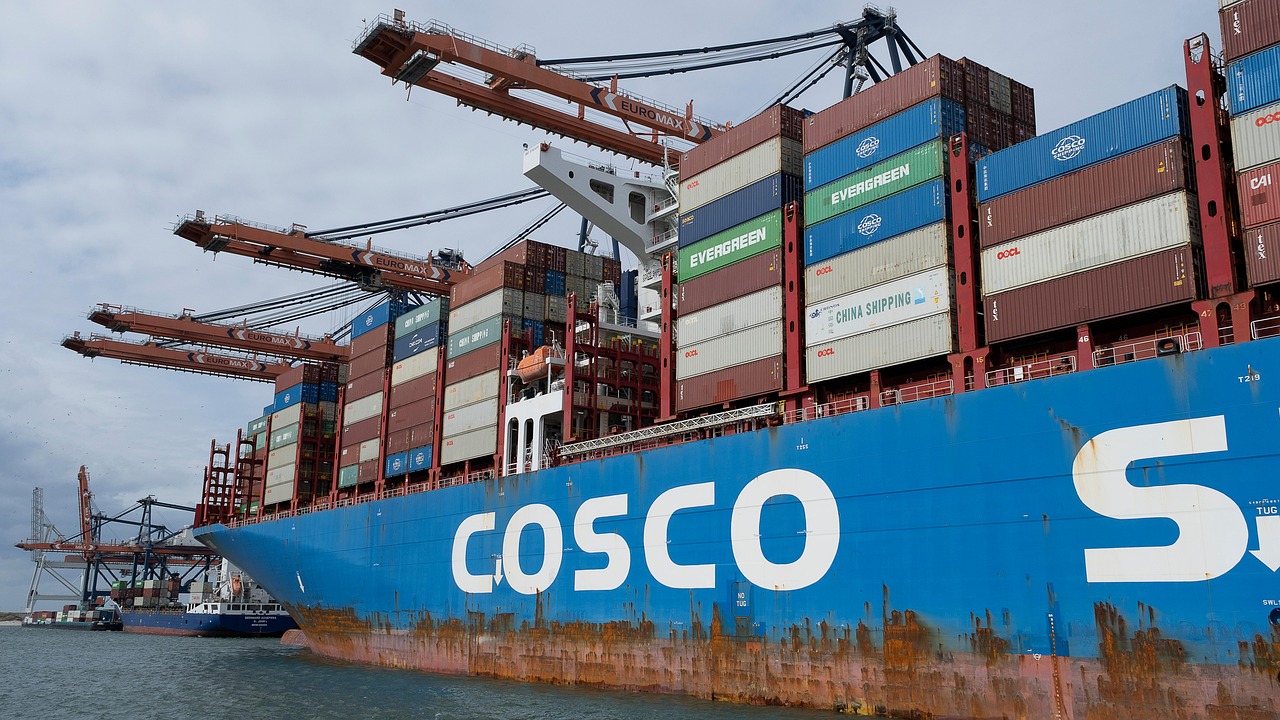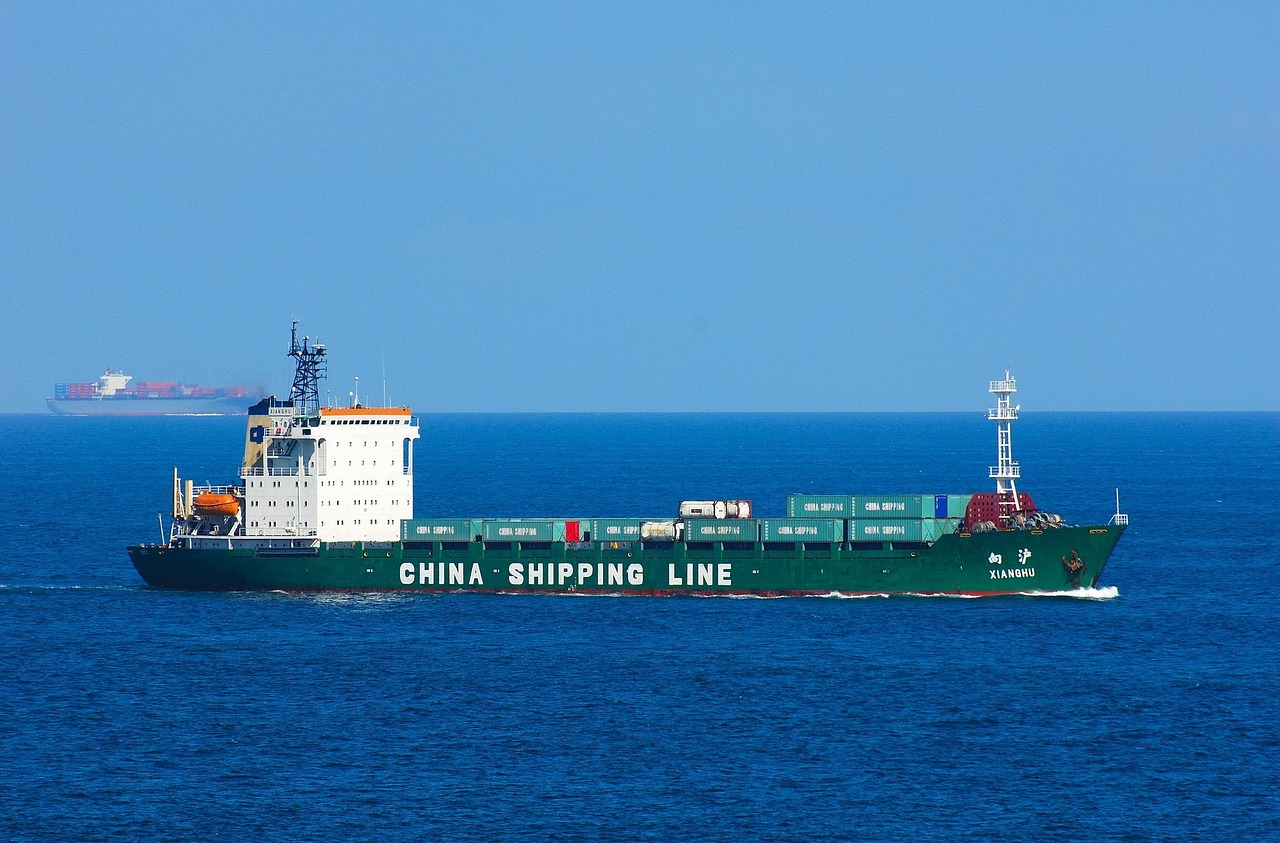How U.S. Port Fees on Chinese Vessels Could Reshape the Shipping Industry

The U.S. Trade Representative (USTR) has introduced a controversial proposal to impose new fees on Chinese shipping vessels. This could significantly affect shipping operations from China, particularly in the context of US port fees for Chinese vessels. The "Port Infrastructure and Security Fee" (PISF) is set to apply to both sea and air shipments, charging between 0.5% and 1.2% of the container's value.
The U.S. government has provided several reasons for these fees. National security risks, the trade imbalance with China, and environmental concerns are among the primary justifications. However, critics warn that the proposed fees could destabilize global supply chains and intensify existing trade tensions between the two nations.
Policy Rationale and Immediate Impact
The USTR’s main goal is to address China’s growing influence in global shipping, with particular focus on Chinese investments in U.S. ports. Companies like COSCO Shipping and China Merchants Port have raised concerns regarding potential data security risks, leading to the push for these fees. Economically, the U.S. seeks to narrow the $382 billion trade deficit with China by increasing costs for Chinese exports.
Part of the revenue generated from these fees would be used to fund decarbonization initiatives at U.S. ports. This would indirectly pressure Chinese fleets—responsible for 16% of global maritime emissions—to adopt greener shipping practices. For Chinese exporters, however, the additional costs could be significant. A shipment of 50,000 containers, for example, could face an extra $500 fee, pushing tariffs on some goods to 25-30%.
Challenges for Chinese Industries
Several key industries in China will feel the impact of the new fees the most. Electronics, machinery, and textiles—critical sectors for U.S.-China trade—are especially vulnerable to the increased costs. These added fees could hinder China's ability to compete in global markets and disrupt business operations.
Chinese exporters may face higher prices for consumers and slower growth due to these changes. In response, companies will need to adjust their pricing strategies to absorb the new costs, potentially reducing their competitive edge in the U.S. market.
Strategic Shifts and Countermeasures
Chinese shipping firms are already adjusting their strategies in anticipation of these fees. COSCO Shipping, for example, is rerouting some shipments through Mexico and Vietnam under the USMCA trade agreement. This allows COSCO to bypass U.S. port fees while maintaining efficient trade routes.
Similarly, ports in China such as Qingdao and Yantian are expanding their transshipment hubs in Southeast Asia. This strategy will help avoid direct shipping to U.S. ports, reducing the impact of the new fees and enabling Chinese exporters to maintain smoother trade operations.

Potential Retaliatory Measures
The Chinese government has hinted at potential retaliatory actions in response to the new fees. Possible measures could include delays in U.S. agricultural imports and stricter regulations for American logistics firms operating in China. Such actions would escalate trade tensions and create further barriers for trade between the two countries.
Globally, supply chains are beginning to fragment. Major retailers like Walmart are pressuring suppliers to absorb these new costs, while smaller businesses are pivoting to sourcing alternatives from countries in the Regional Comprehensive Economic Partnership (RCEP).
Long-Term Risks and Legal Concerns
Critics of the proposal warn that the U.S. policy could backfire in several ways. The International Chamber of Shipping predicts a 20% spike in Asia-U.S. freight rates in the short term, further complicating logistics between the two regions.
Although U.S. exports from Mexico grew by 12% in early 2024, analysts point out that Mexican ports are not equipped to replace Chinese shipping hubs. This creates a significant challenge for U.S. supply chains as the shift away from Chinese ports may not provide the expected relief.
Environmental concerns are also raised, as longer alternative routes could increase fuel consumption. This would conflict with the International Maritime Organization’s (IMO) emission targets, potentially undermining global sustainability efforts.
Legal Implications and WTO Concerns
The legal basis for the U.S. port fees stems from Section 309 of the U.S. Port Security Act, but experts suggest that the fees may violate World Trade Organization (WTO) rules, particularly those regarding non-discrimination. As a result, legal challenges are expected, which could further complicate the already tense trade relationship.
YQN has established official partnership with more than 300 ship owners, including Maersk, MSC, CMA CGM, COSCO Shipping and HMM. If you need more information, please contact us at info@yqn.com.

Shipping with YQN - Global Logistics at Your Fingertips
YQN has established subsidiaries worldwide, covering North America, Latin America, Southeast Asia, and the Middle East. We have partnered with 300+ top shipping and airline companies and have access to 3500+ high-quality supplier resources. YQN also has a professional customer service and fulfillment team of over 500 people to provide more worry-free and efficient international logistics services.
Contact Us
You can also email us at info@yqn.com.

